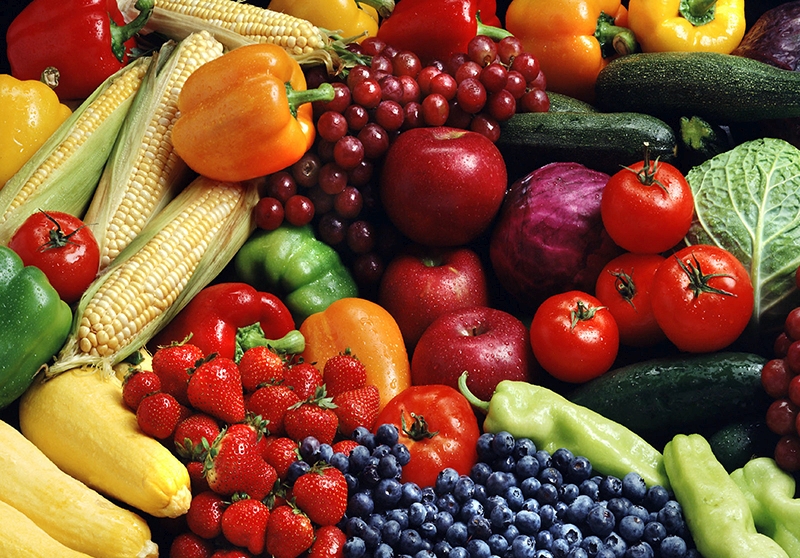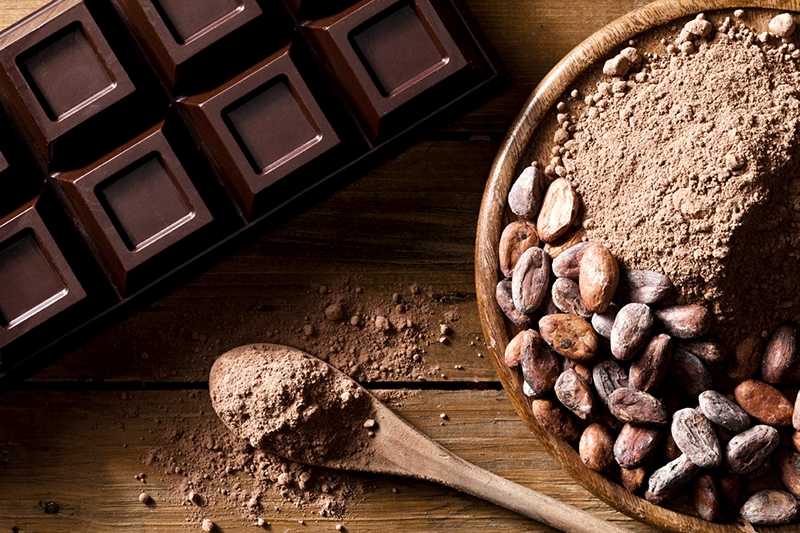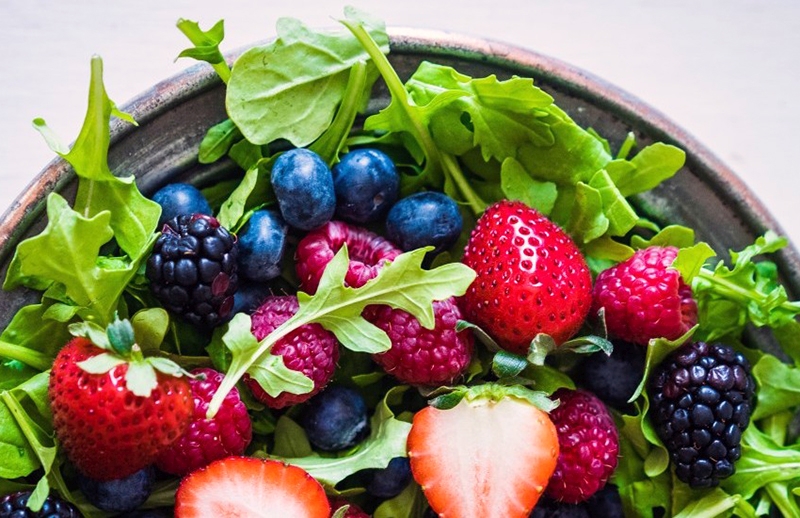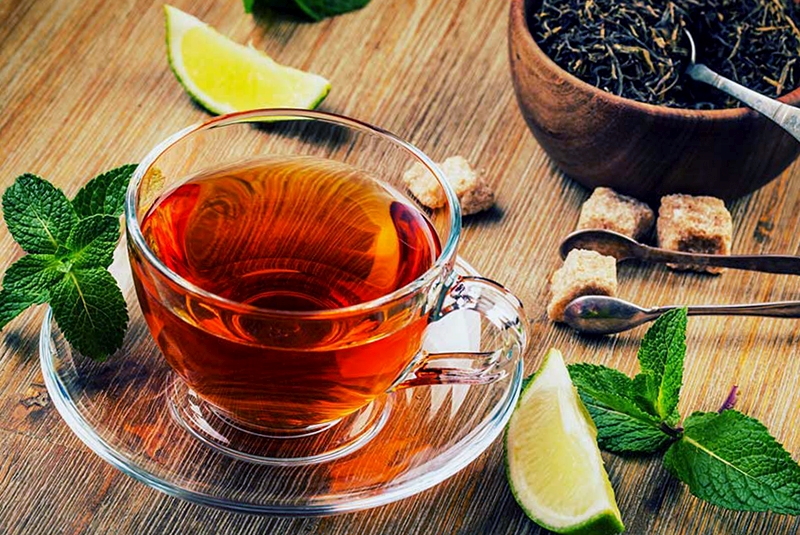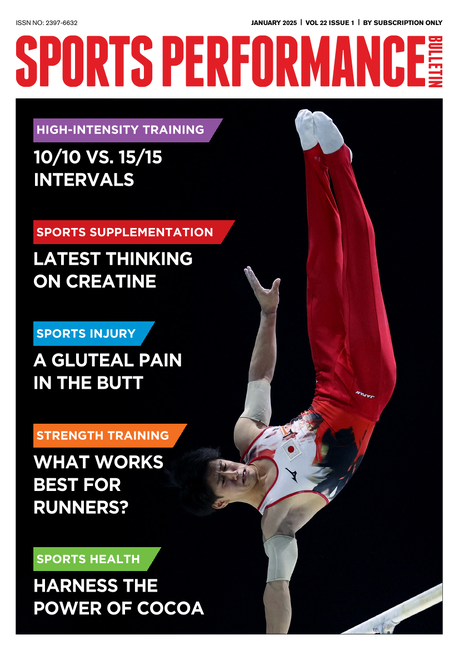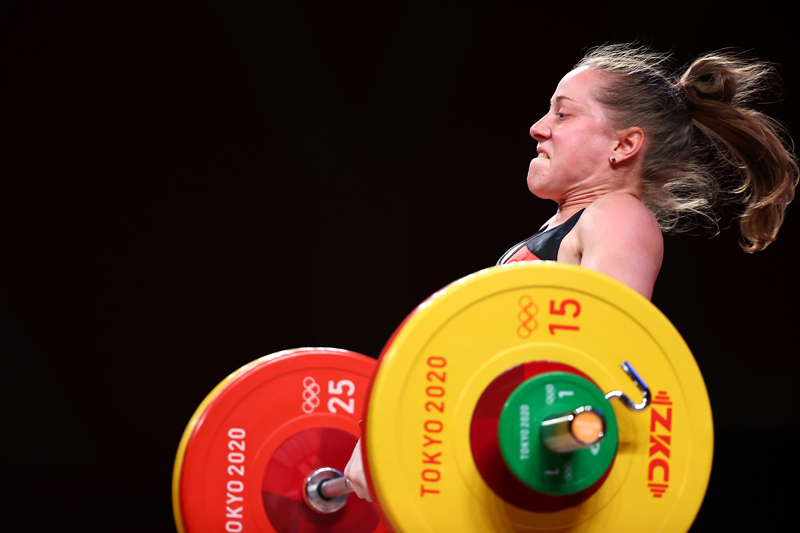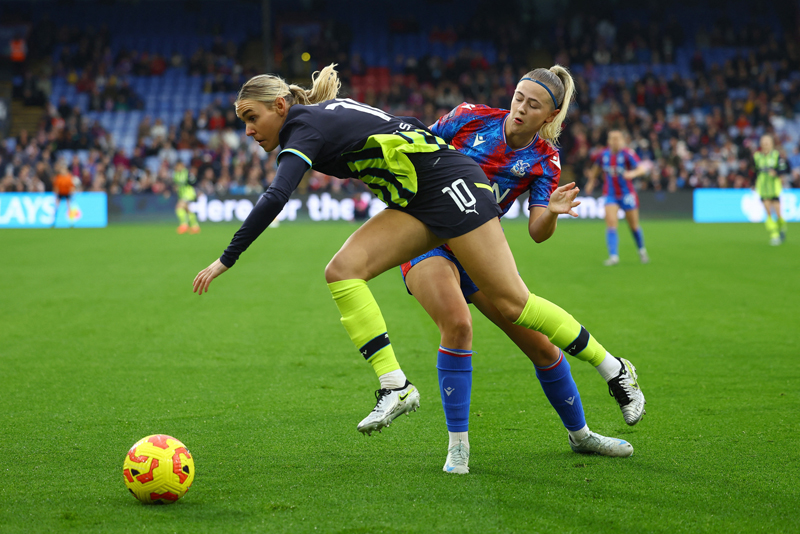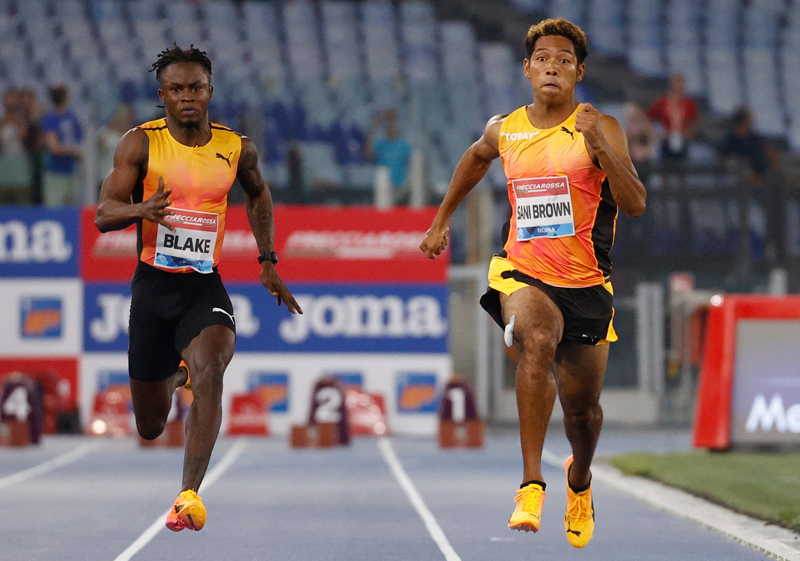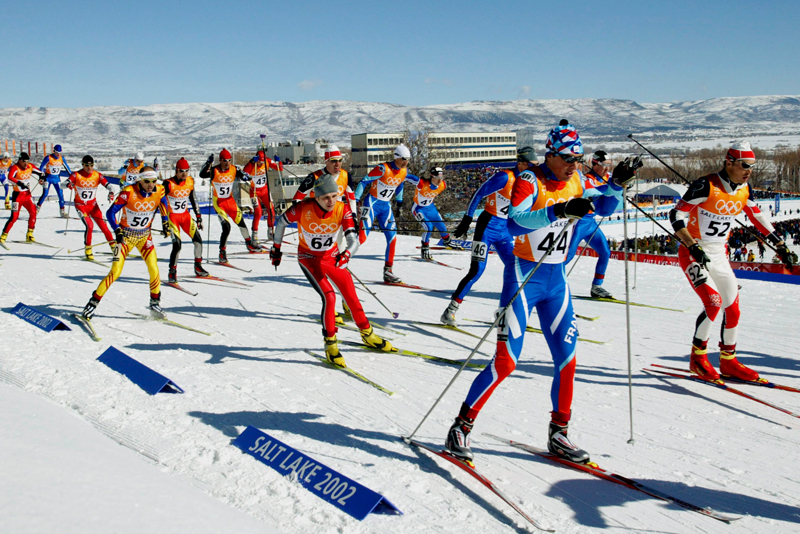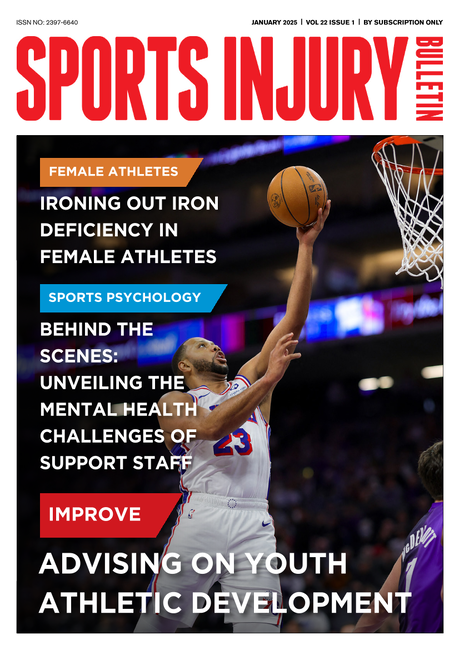You are viewing 1 of your 1 free articles. For unlimited access take a risk-free trial
Pomegranate power: myth or reality for athletes?

Andrew Hamilton looks at recent research on fruit extracts and endurance exercise. Can pomegranate seriously improve your performance?
All energy for muscular movement is ultimately derived by the oxidation of fuel (primarily fat and carbohydrate) in the presence of oxygen delivered to the said muscles courtesy of the cardiovascular system. By definition therefore, an athlete will consume a lot more oxygen than his or her sedentary peers.However, oxygen is a double-edged sword. While it provides us with energy, harnessing oxygen’s high chemical reactivity in the body comes at a cost; during the release of energy, transient chemical species called ‘oxygen free radicals’ are created, which if unchecked, can reap havoc within cells, damaging DNA and cell walls. Scientists believe that this accumulated free-radical damage is a prime factor in the ageing process generally and in the aetiology of many degenerative diseases.
Antioxidant defences
The good news for athletes (and everybody in fact!) is that the human body is armed with sophisticated antioxidant defence systems, which are extremely effective at protecting cells from the potential ravages of oxygen metabolism. Many of these antioxidant defence systems are dependent on dietary nutrients such as vitamins, minerals and naturally-occurring substances found in plants (phytochemicals), which is why there has been, and still is, a huge interest in antioxidant nutrition.Because athletes consume far more oxygen than their sedentary peers in order to fuel training and competition, there’s been a particular interest in antioxidant nutrition in sport with researchers asking ‘can athletes really benefit from antioxidant supplementation’? The answer to that question is by no means straightforward; this Sports Performance Bulletin article takes an in-depth look at this topic, and explains why the wrong kind of supplementation can hinder rather than help performance!
Fruit extract antioxidants and performance
In recent years, there’s been a flurry of research into whether fruits and fruit extracts containing high levels of antioxidant phytochemicals can offer antioxidant protection in athletes in way that is also beneficial for performance. Scientists believe that it’s the high levels of various natural phytochemical compounds found particularly (but not exclusively) in berries and cherries that make these fruits function as powerful antioxidants (see figure 1). The same compounds are also thought to act as natural anti-inflammatories in the body, which explains the reduced level of post exercise soreness reported in some studies.Figure 1: Phytochemical antioxidant content of some different fruits

In terms of practical benefits of fruit extracts for athletes, there’s been steadily accumulating evidence that these are significant. Some examples of these studies are as follows:
- Cyclists and rowers who experienced reduced levels of free radical damage when consuming grape/redcurrant/raspberry and chokeberry extracts before strenuous exercise(1,2).
- Studies on marathon runners and road cyclists have shown that consuming antioxidant-rich tart cherry juice prior to exercise reduces measures of muscle damage, and the amount of post exercise soreness(3-5).
- Faster half-marathon times (13%) in runners and triathletes consuming tart cherry extract for 10 days prior to racing – combined with lower levels of post-exercise muscle soreness and more rapid recovery from soreness(6).
- Faster 10-mile time trial performance in cyclists (see figure 2)(7) and improved time to exhaustion in a graded running test by runners(8) when consuming a concentrated blackcurrant extract for a week prior to testing.
Figure 2: Blackcurrant extract and 16.1km cycling time trial performance

Pomegranate power
One of the most antioxidant-rich fruits of all is the pomegranate. Research has demonstrated that pomegranate juice is an excellent source of antioxidant phytochemicals such as anthocyanins, flavanols and some ellagitannins (especially punicalagin). This antioxidant activity is very potent indeed – some three times higher than the well-known antioxidant properties of red wine or green tea(9). The most abundant of the polyphenol antioxidants in pomegranate juice is a substance called punicalagin, which is responsible for more than 50% of the juice’s potent antioxidant activity(10). However, the actual punicalagin content varies considerably according to the variety of fruit and the industrial manufacturing process used to extract the juice.Although renowned for its health giving properties, there’s been relatively little research into the effectiveness of pomegranate juice for improving exercise performance. Moreover, the studies that have been carried out on runners(11) and cyclists(12) have produced mixed results, making it hard to draw firm conclusions – findings replicated in a recent review study(13). One possible explanation for the mixed results may have been that the pomegranate supplements used in these previous studies were not standardised for punicalagin content.
Gold-standard study
To try and find a definitive answer as to the benefits or otherwise of pomegranate extract, a team of Spanish researchers has carried out a new study into cycling performance and pomegranate extract supplementation(14). Importantly, this study was randomised, double-blinded, placebo-controlled, balanced, cross-over trial – the most scientifically rigorous design. It also used a relatively large number of subjects (26 cyclists), which increases the reliability and credibility of the results.In the study, 26 male, amateur cyclists, training two to four times per week for at least one hour per session were randomly divided into two groups:
- Pomegranate extract supplemented – in this group, cyclists took two capsules of pomegranate extract (375mg of POMANOX® P30 standardised to contain 30% punicalagins) for a period of 14 days.
- Placebo supplemented – cyclists took two capsules of an identical looking capsule (in identical packaging) but which contained an inert filler (maltodextrin).
- 90 minutes of cycling at 70% of VO2max (moderate intensity endurance work) immediately followed by;
- A progressive incremental cycling test starting with an initial load: 60% of VO2max with the workload increased by 35 watts every 3 minutes until exhaustion;
- Five minutes later, the subjects performed barbell step ups on and off a bench (6 sets of 15 reps per leg). This test was designed to induce muscle damage.
- After two hours of recovery during which markers of muscle damage were measured, the subjects then performed an isokinetic strength test on the dominant leg, which was repeated one and two days later (to measure recovery).
Figure 3: Exercise trials used in pomegranate extract study(14)

What they found
The key finding was that 14 days of pomegranate supplementation significantly increased the time to exhaustion of the cyclists in the maximal test by an average of 94 seconds (very significant). It also increased the time taken to reach the ‘second ventilatory threshold’ (VT2 – the point at which breathing becomes laboured due to the rapid accumulation of blood lactate) by an average of 55 seconds. In a race situation, these gains would confer a very real advantage, enabling an athlete to push on harder at the end of a race and dig deeper before fatigue sets in – exactly what’s needed to win!Practical implications
Supplements often promise much but when subject to scientific scrutiny, deliver far less. However, when it comes to fruit extracts, solid evidence is accumulating that extracts of cherry, blackcurrant and other berries deliver not only health benefits but performance benefits too. This newly published study on pomegranate extract suggests that we can now add pomegranate to that list. Here then are some tips for those who wish explore the use of fruit extracts to boost performance:- If you wish to experiment with pomegranate extract, be sure to use a product with a standardised punicalagin content (aim for an intake of around 100mgs per day).
- Begin any supplementation period two weeks before your race/event.
- Avoid taking additional single high-dose antioxidant supplements such as NAC, vitamin C, vitamin E, quercitin, resveratrol etc. They may harm your training adaptation and reduce performance.
- Natural plant antioxidants tend to work synergistically; you will likely derive more benefits from a fruit extract supplement if your dietary antioxidant intake is high and varied – ie by ensuring your daily diet contains plenty of brightly coloured fresh fruits and vegetables. You should aim to consume a minimum of five portions a day and select from a range of colours – green, red yellow, orange and purple.
- Eur J Appl Physiol. 2005 Dec;95(5-6):543-9
- Int J Sport Nutr Exerc Metab, 15(1): 48-58, 2005
- J Int Soc Sports Nutr. 2010 May 7;7(1):17
- Nutrients. 2014;6(2):829–43
- Scand J Med Sci Sports. 2010;20(6):843–52
- J Int Soc Sports Nutr. 2016 May 26;13:22
- Int J Sport Nutr Exerc Metab. 2015 Aug;25(4):367-74
- Int J Sport Nutr Exerc Metab. 2015 Oct;25(5):487-93
- J. Agric. Food Chem. 2000, 48, 4581–4589
- J. Agric. Food Chem. 2006, 54, 980–985
- Appl. Physiol. Nutr. Metab. 2014, 39, 1038–1042
- J. Int. Soc. Sports Nutr. 2017, 14, 14
- Br. J. Nutr. 2018, 1–16
- Nutrients 2019, 11(4), 721; doi:10.3390/nu11040721
Newsletter Sign Up
Testimonials
Dr. Alexandra Fandetti-Robin, Back & Body Chiropractic
Elspeth Cowell MSCh DpodM SRCh HCPC reg
William Hunter, Nuffield Health
Newsletter Sign Up
Coaches Testimonials
Dr. Alexandra Fandetti-Robin, Back & Body Chiropractic
Elspeth Cowell MSCh DpodM SRCh HCPC reg
William Hunter, Nuffield Health
Keep up with latest sports science research and apply it to maximize performance
Today you have the chance to join a group of athletes, and sports coaches/trainers who all have something special in common...
They use the latest research to improve performance for themselves and their clients - both athletes and sports teams - with help from global specialists in the fields of sports science, sports medicine and sports psychology.
They do this by reading Sports Performance Bulletin, an easy-to-digest but serious-minded journal dedicated to high performance sports. SPB offers a wealth of information and insight into the latest research, in an easily-accessible and understood format, along with a wealth of practical recommendations.
*includes 3 coaching manuals
Get Inspired
All the latest techniques and approaches
Sports Performance Bulletin helps dedicated endurance athletes improve their performance. Sense-checking the latest sports science research, and sourcing evidence and case studies to support findings, Sports Performance Bulletin turns proven insights into easily digestible practical advice. Supporting athletes, coaches and professionals who wish to ensure their guidance and programmes are kept right up to date and based on credible science.
